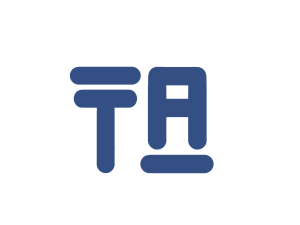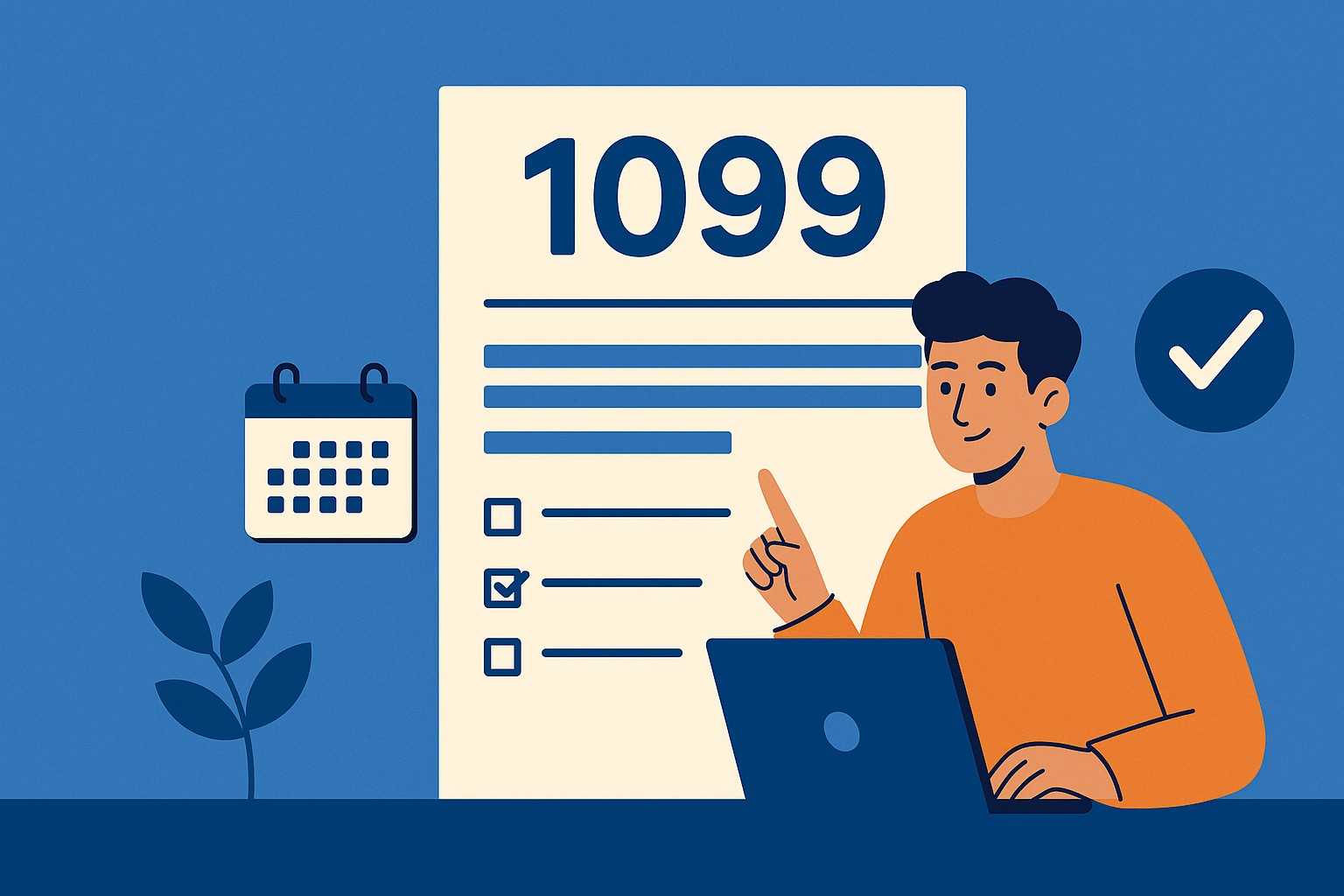If you earn your income through freelancing, the IRS has you in sharper focus than ever this year. For millions of freelancers across the United States, 2025 introduces new tax-reporting rules that could decide whether you face a smooth filing season or unexpected penalties. According to Kiplinger, these changes affect more than 72.7 million Americans earning outside traditional W‑2 employment.
The 1099 rules have shifted several times since 2021, but this year’s updates under the One Big Beautiful Bill Act finally bring some clarity, and with it, new challenges. Knowing these reforms is now a requirement to whoever operates a side hustle, digital business, or independent consulting practice.
The New 1099-K for Freelancers
According to Kiplinger, form 1099-K reports the payment transactions conducted via PayPal, Venmo, Stripe, Etsy, and Square platforms. Not so long ago, this form was only issued to those who had over 20,000 and 200 payments annually in the overall transaction. In 2021, the American Rescue Plan attempted to lower that threshold dramatically to just $600 for a single transaction, sparking widespread concern among small, independent earners. The IRS delayed implementation several times following industry outcry and operational challenges.
The One Big Beautiful Bill Act, which became law on July 4, 2025, sets a new course. According to analysis from Avalara, the Act returns the 1099-K reporting threshold to its pre-2024 level: $20,000 in payments and at least 200 transactions. In other words, freelancers are now far less likely to receive a 1099-K solely based on modest side income or a handful of clients. This applies to income processed through card payments, online sales platforms, and payment apps, effective immediately for the 2025 tax year.
Updated Reporting Thresholds: What You Need to Know
| Form | 2025 Threshold | Notes |
| 1099‑K | $20,000 + 200 transactions | Restored after the prior $600 plan was withdrawn |
| 1099‑NEC | $600 (2025); $2,000 (2026) | Inflation adjustments starting in 2027 |
| 1099‑MISC | $600 (2025); $2,000 (2026) | Follows 1099‑NEC pattern |
Source: OnPay
These numbers mean most freelancers earning from clients or through online platforms will likely receive fewer official forms. However, IRS Probity warns that freelancers must still record their full earnings, as all income remains taxable under federal rules.
The Hidden Catch: State-Level Rules Still Differ
Freelancers celebrating softer federal thresholds should be careful. Several states have their own 1099‑K reporting rules that remain far stricter. According to 1099FIRE, Massachusetts, Maryland, North Carolina, Virginia, and the District of Columbia still enforce reporting from just $600 in transactions.
In New Jersey and Missouri, the bar is slightly higher at $1,000 and $1,200, respectively. As a result, freelancers operating across multiple states may receive forms even when they fall under the federal threshold. “State-specific reporting traps users who assume IRS limits apply everywhere,” an IRS official told CBS News during a July 2025 interview.
Real-Life Freelancer Experiences
According to CNET, many freelancers and small business owners have reported confusion after receiving multiple 1099‑K forms from different payment platforms during the 2024 tax year. Some independent workers, including online sellers and digital creators, accidentally double-reported income when amounts on 1099‑Ks overlapped with figures on other 1099 forms.
One freelancer cried out on reddit saying, “Just got a 1099-K from PayPal for side gigs I did last year, even though several clients also sent their own 1099s for the same money. Now I’m worried I’ll be double taxed or flagged for underreporting. Why is it this complicated?”
Similarly, The New York Times profiled casual sellers who received tax forms after reselling items online. In one example, concertgoers who profited from reselling tickets online for more than $5,000 were surprised to receive a 1099‑K and learn that the profits were taxable under new regulations.
IRS Guidance: Consistent Reporting is Key
The IRS Gig Economy Tax Center states that any freelancer and individual contractor should report the income received by the help of digital platforms or direct clients. This is required in spite of not being issued with a 1099 form. The IRS clarifies that income earned by the gig economy is taxable and has to be reported on annual tax filing irrespective of the mode of payment or the amount involved.
As detailed by Jackson Hewitt, the IRS uses automated matching programs to contrast the reported income by taxpayers with the information provided by platforms and payers on 1099 forms. Any minor differences will result in audits or sluggishness in the understanding of refunds.
Freelancer Checklist: Staying Compliant in 2025
- Track all incoming payments, not just those linked to 1099‑K or NEC forms.
- Separate business transactions from personal transfers on payment platforms.
- Log income monthly using accounting tools or a dedicated business spreadsheet.
- Double-check state-specific thresholds before tax season.
- Store digital records and receipts for at least five years.
- Consult certified professionals familiar with self-employed taxation.
Experts at OnPay recommend freelancers treat tax planning as part of their business systems rather than a seasonal chore. Proactive management can prevent end‑of‑year panic and reduce errors common among gig workers.
Looking Ahead: Inflation and Potential Reforms
From 2026 onward, the $2,000 limit introduced for 1099‑NEC and 1099‑MISC forms will be indexed to inflation annually. However, according to Avalara, the 1099‑K threshold at $20,000 and 200 transactions remains fixed and may require future legislative attention if inflation continues to rise. Policy analysts expect debates in Congress over whether digital income reporting should evolve further.
Until then, keeping transparent, well-documented financial trails remains the safest path for independent earners.
The Bottom Line
The new 1099 regulations that take effect in 2025 would make most small freelancers more compliant with federal government regulations, but add new complexity to state laws. The point to take here, as IRS Probity points out, is that lower filing disciplines fail to diminish reporting requirements. Those freelancers who remain organized, informed, and disciplined will not only evade punishment but will also build the base of sustainable, compliant development in an economy that is progressively being questioned.

